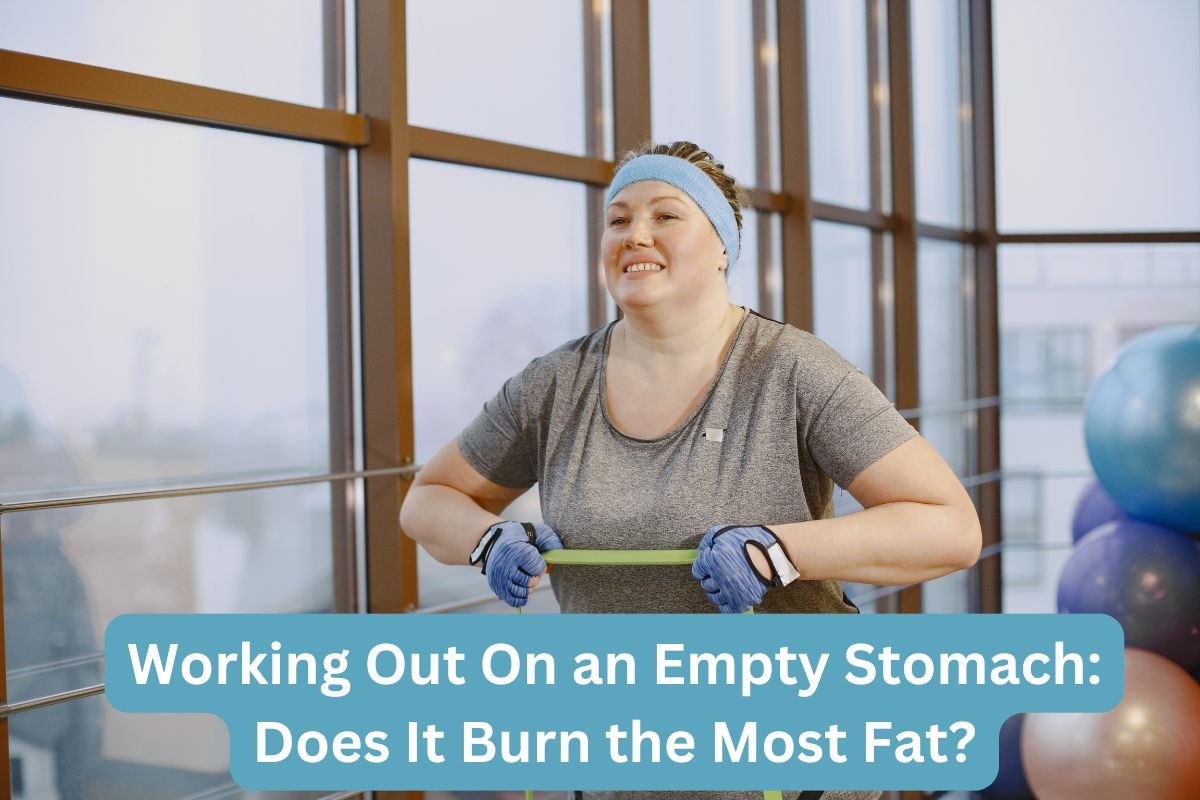Working Out on an Empty Stomach: Does It Burn Fat?
When it comes to fitness, simplicity often gets muddled with a plethora of advice and techniques. Among the many fitness debates, the concept of working out on an empty stomach has garnered attention. Advocates claim it helps burn fat, while critics point to potential downsides. So, does exercising on an empty stomach actually help you lose weight faster? Let’s delve into the research and explore the nuances of this approach.
Why Work Out on an Empty Stomach?
The idea behind fasted workouts is based on how the body uses energy. Overnight, your body depletes glycogen—carbohydrates stored in the liver and muscles. When you exercise on an empty stomach, the theory is that your body, lacking glycogen, will turn to fat stores for energy.
While this can work in some cases, it’s important to know that if glycogen levels are too low, your body might break down muscle tissue for energy instead. This can counteract efforts to build strength and maintain muscle tone.
Benefits of Working Out on an Empty Stomach
- Faster Fat Burning
Research suggests that fasted workouts can help your body burn fat more effectively. In one study, participants who exercised before eating burned up to 20% more fat during their sessions. Interestingly, these participants did not compensate by overeating later in the day, suggesting potential long-term fat loss benefits. - Enhanced Performance Over Time
Training on an empty stomach can improve your body’s ability to use fat as fuel. This “train low, compete high” approach conditions the body to become more efficient, which can boost performance during workouts where glycogen levels are normal. - Time-Restricted Eating Benefits
Exercising during fasting periods aligns with time-restricted eating, where meals are consumed within a limited window (e.g., 8 hours). This pattern has been linked to improved fat burning and weight loss. Combining fasted workouts with this eating style could enhance results. - Improved Insulin Sensitivity
Fasting periods reduce the frequency of insulin spikes. Over time, this can improve insulin sensitivity, reducing the risk of conditions like type 2 diabetes. Working out in a fasted state might further amplify these benefits. - Time Efficiency
Exercising before breakfast can help you stay consistent with your fitness routine. Without the need to plan and eat a meal beforehand, you can maximize your morning hours and complete your workout without distractions.
When Working Out on an Empty Stomach Isn’t Ideal
While there are benefits, fasted workouts aren’t for everyone or every type of exercise. Here are some cases where it might not be the best choice:
- Lower Energy Levels
Without food, some people may feel fatigued and unable to perform at their best. High-intensity workouts, like interval training or heavy lifting, require energy that a pre-workout snack can provide. - Muscle Loss
If glycogen stores are too low, your body may break down muscle for energy instead of using fat. This is counterproductive for anyone trying to build or maintain muscle mass. - Endurance Training Limitations
For long-duration activities, such as marathon training, fasting is not recommended. Low energy reserves can lead to fatigue, reduced performance, and even dizziness or fainting. - Safety Concerns for Certain Health Conditions
People with diabetes, hypoglycemia, or other conditions that affect blood sugar levels should avoid fasted workouts. Eating a small, balanced snack before exercising ensures safety and prevents energy crashes.
How to Maximize Fasted Workouts
If you decide to try exercising on an empty stomach, keep these tips in mind:
- Stay Hydrated
Drink plenty of water before, during, and after your workout to stay energized and prevent dehydration. - Listen to Your Body
Pay attention to how you feel. If you experience dizziness, fatigue, or lightheadedness, stop immediately and refuel with a healthy snack. - Focus on Low-to-Moderate Intensity Workouts
Activities like walking, jogging, or yoga are better suited for fasted states than high-intensity interval training (HIIT) or weightlifting. - Refuel Post-Workout
After exercising, prioritize a meal or snack rich in protein and complex carbohydrates to support muscle recovery and replenish glycogen levels.
Final Thoughts
Whether fasted workouts help you lose weight faster depends on factors like your fitness level, workout intensity, and personal preference. While they may enhance fat burning in some scenarios, they aren’t a one-size-fits-all solution.
What matters most is consistency, hydration, and proper nutrition. If you’re new to exercising on an empty stomach, start with light workouts and monitor how your body responds. Regardless of your approach, the fact that you’re taking steps to improve your health is something to be proud of. Keep moving forward!






